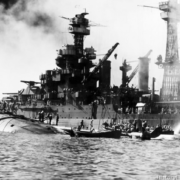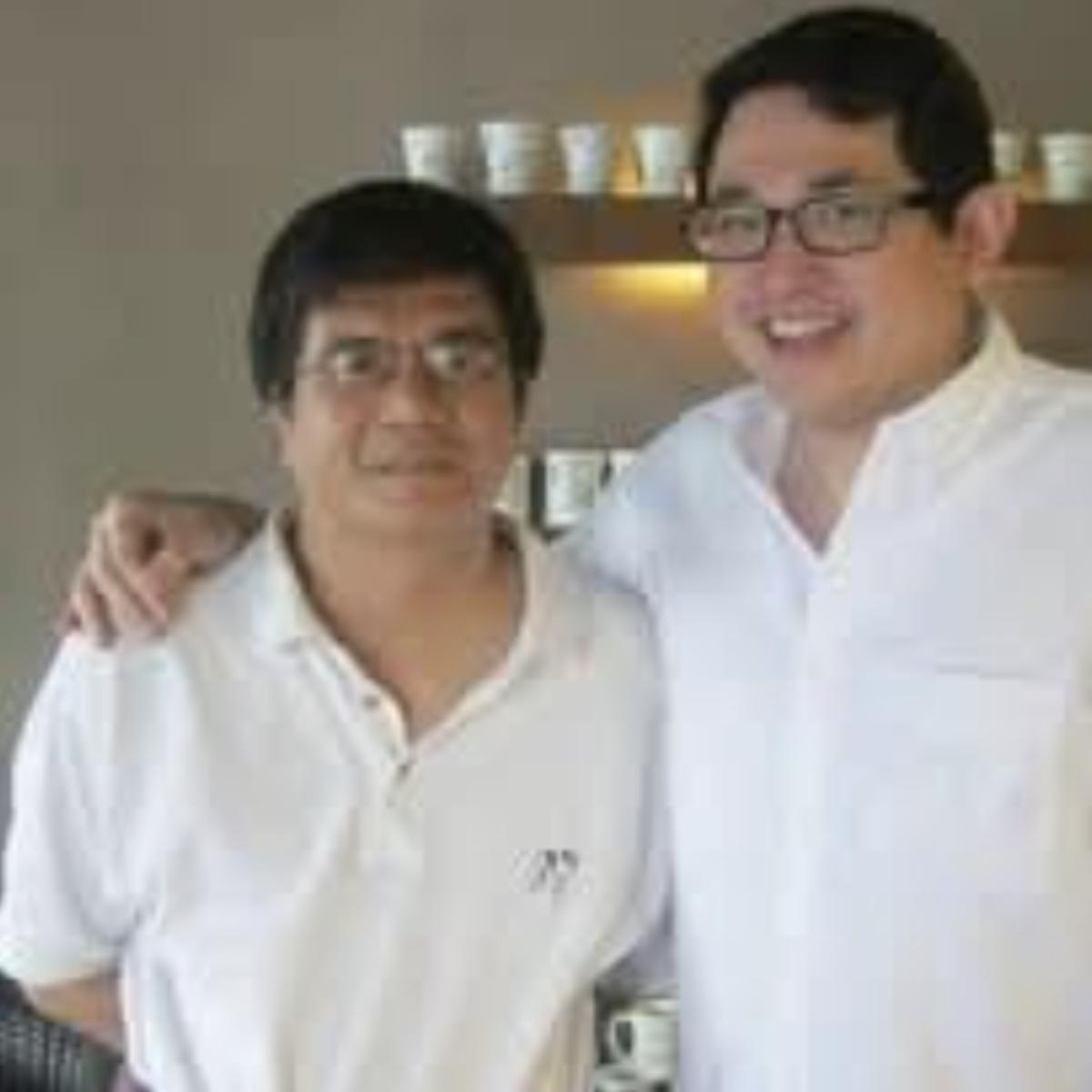HOW could it have happened? Pearl Harbor — and its awful treachery and death — is one of the worst battles and defeat ever suffered by the United States. It showed how courage and ingenuity moved upon the smoldering wreckage of towering explosion, monstrous ships moaning as they died, and young sailors trapped in steel hulks.
That infamous attack was so unexpected and brutal, killing 2,400 Americans and drew the U.S. into World War II. That event still has an emotional grip on much of the American public, struggling to understand what happened. No one wants to forget, 75 years later.
When the Americans had cut off Japan’s oil supply, Admiral Yamamoto (Mako), a brilliant Harvard-educated warrior, saw no other recourse, but to launch a surprise attack on Pearl Harbor where more than 100 ships and about more than half of the entire Pacific fleet were anchored.
Sunday morning, December 7, 1941 at 7:55 a.m., the Japanese unleashed 183 planes aimed not only at the ships on Pearl Harbor but at all military installations at Oahu. Survivors, now well into their golden years, drew sobs as they narrated the sneak bombing during a TV interview.
It was not a drill, the place came high and came in love, in waves of formation, in twos and threes. Past the mist, ringed purple mountains winged toward their targets one after the other, in rapid succession, swooping through the clouds, as they drove, circled and hovered. They made run after run, delivering their loads, sucking the life from the air, and creating nerve-jangling cacophonies as they attacked, strafe pursuing manifest destiny with fanatical dedication.
“On that day that will live in infamy,” as President Roosevelt said.
On any given time, nobody stands taller than the World War II veterans. Feeling proud but forgotten, battle scared and fighting age and illness, they embody poignant messages of duty, honor and undying love, heroism and sacrifice.
They helped define what it was to be an American— “not about race, or the color of one’s skin, but about the manner you serve your country.”
I was encouraged to expand my thoughts on World War II by reading the works of William Manchester, Ben Bradlee, and Tom Brokaw.
The soldier
Kind people, soldiers are. A respectful son, an affectionate father, a faithful husband, an honest citizen who loves his country; and accepts it as a duty to defend it. He wears his dog tag with a religious medal, on his proud neck, carries a snapshot of his aging parents, or wife and his children, if not a sweetheart he left behind.
To understand a soldier’s life is to find out what he’s looking for. When he kills another man, who would kill him in his turn? Pity is a word that has no meaning in war, it is as simple as, you’ve got a gun, he’s got a gun — you shoot and he shoots. The quicker one hits his target and when he kills you, it is as if you killed him.
When reporters describe people dying in encounters, are you helping abolish war? What makes a man choose to be a soldier? Very often, he is young, looking for excitement to shake him out of boredom or for a purpose that he did not have before.
We see photographs of soldiers, faces blank with sadness and resignation, convincing themselves that they kill in the name of the justice and freedom. What justice, I’d like to ask) young soldiers, with so much longer life to live? Instead of coming into the world to die at twenty in an encounter, you come into this world to die in bed, when you’re old, where around there are green trees, clear rivers, and singing children.
Instead, this cult of killing and being killed, no one ever explained why killing to steal is a sin, but killing if you’re wearing a uniform is the height of glory.
War, it is said, is basically something structured in which armed people shoot at armed people. It has almost a shameless fairness — you kill me or I kill you — and as bullets speaks, happiness vanishes, the holidays and milestones, leaving only rubbles, twisted metals, and the putrid smell of death as it fled.
But why do we accept war, like some inevitable evil?






